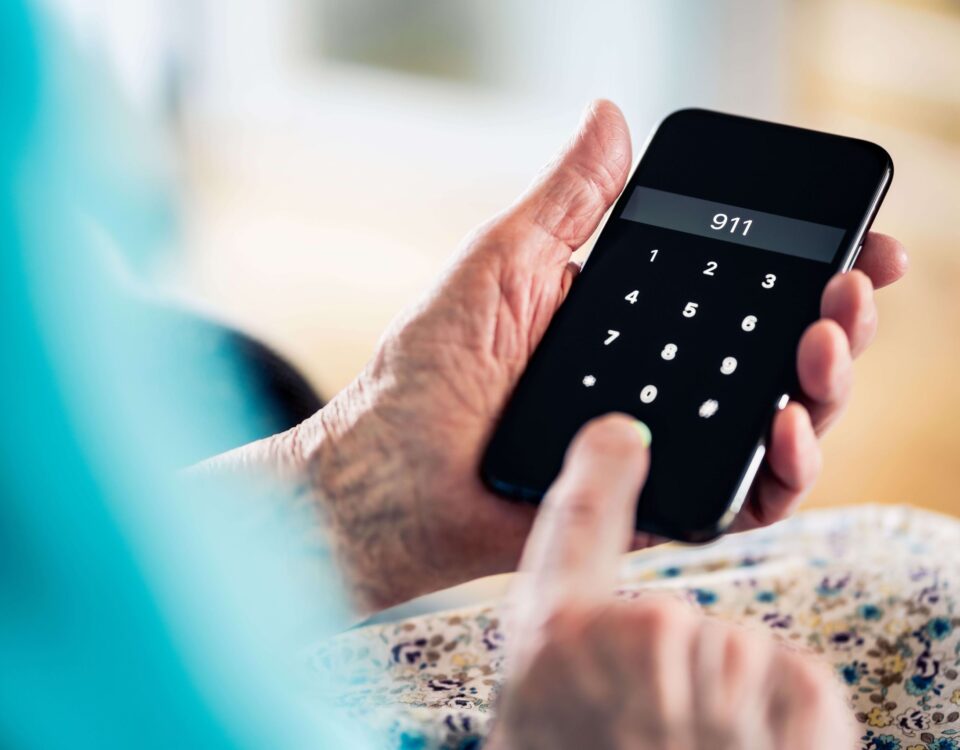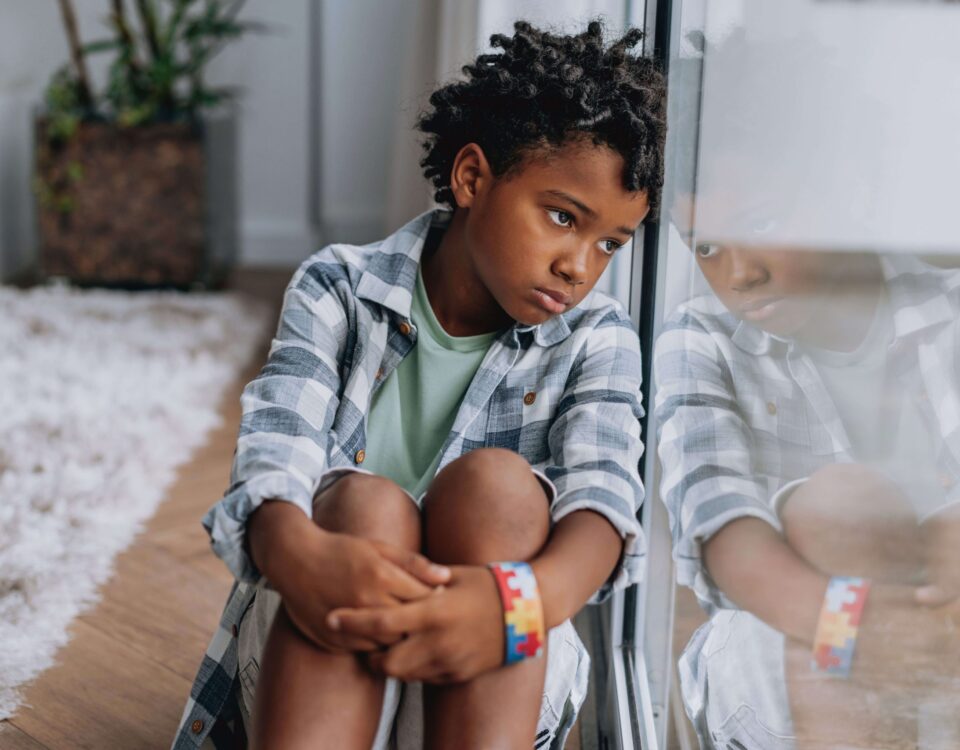- Have any questions?
- 412-123-4567
- noreply@upmc.com
Guns in Your Home: Who’s at Risk?

What gun owners need to do to protect the safety of every family member.
Guns are an integral part of the lives of many Americans. More than 40% of all households report owning at least one firearm. Studies suggest there are over 400 million guns nationwide in people’s homes.
But whether you use your gun for protection, hunting, or sport, keeping guns safe in your home isn’t a “one and done” responsibility. For Jack Rozel, MD, MSL, medical director of resolve Crisis Services at UPMC Western Behavioral Health, gun safety starts with determining if any family members are at an increased risk for a gun injury — and taking measures to protect them.
“There are roughly 50,000 firearm deaths in the United States every year,” notes Dr. Rozel, a nationally recognized leader in emergency mental health. “It’s easy to look at the problem and say we have many more deaths from heart disease or cancer in our country. But by taking the right measures, many gun-related deaths in the home are preventable.”
Gun Safety and Children
Most gun owners know all guns should be securely stored when not in use — especially if there are children in the home. But according to a May 2023 JAMA Open Network article, 58% of gun owners keep at least one gun unlocked. “Every year, about 500 children in the United States die from being accidentally shot by a sibling, a friend, or themselves,” says Dr. Rozel. “In most cases, the gun used was not safely secured.”
Gun Safety and Cognitive Impairment
“Mild cognitive impairment (MCI) or dementia can affect even the most experienced gun owner’s decision-making skills and speed,” says Dr. Rozel. “MCI and dementia can heighten a person’s sense of paranoia, frustration, confusion, and anger — all of which can have tragic consequences when there’s easy gun access.”
Families understand the need to take car keys away from a family member who’s cognitively impaired. “That same conversation needs to happen about guns in the home — before an accident occurs,” he says.
Gun Safety and Substance Use
Whether it’s alcohol or drugs, substance use only increases gun safety risk for the individual — and the entire family.
“Substance use reduces judgement and lowers inhibitions,” notes Dr. Rozel. It often leads to aggressive or threatening behaviors both inside and outside of the home.
Gun Safety and Suicide
“The leading reason someone is likely to die because of a firearm is suicide,” says Dr. Rozel. “Over the last quarter century, gun suicides have significantly outnumbered gun homicides.” In 2022, there were 27,000 gun suicides compared to 19,500 gun homicides.
According to Dr. Rozel, attempting suicide often is an impulsive act. The majority of people who attempt suicide don’t die. But easy access to a gun during a crisis can be lethal. “Unfortunately, 90% of all suicide attempts using a gun are fatal,” he says.
“Many people mistakenly believe that someone must be mentally ill to want to end their life. That misconception doesn’t take into consideration those times in life when people feel great despair. They may be faced with a financial crisis, job loss, death of a loved one, life-threatening illness, or other life event that feels insurmountable,” he says. “Problems like substance use or post-traumatic stress disorder (PSTD) only amplify that sense of despair.”
In the United States, the suicide rate among men is highest among those age 65 and older. According to the Centers for Disease Control and Prevention, a gun is the most frequent method used.
Guns also are increasingly used in suicides by younger people, adds Dr. Rozel. Research from the National Institutes of Health links firearm access with higher suicide rates among youths ages 10 to 19.
Getting Help
- If you or someone in your family is experiencing a crisis, suicidal thoughts, substance abuse problem, or behavioral health issue, it’s important to get help. Removing all firearms from the home — even temporarily — offers the greatest security. You can also contact your local law enforcement, crisis center, or emergency department for help.
- Talk openly with your family doctor about guns in the home and any concerns you may have about your safety and that of other family members.
What can friends and family do? “If someone starts choking at a restaurant, people immediately know to call 911 and start the Heimlich maneuver,” says Dr. Rozel. “But when a friend says ‘I don't know if I can keep going on,’ or shares ‘I’m worried for the safety of my kids,’ you can’t assume things will be okay. Call 988 (the national Suicide and Crisis Lifeline) for help.”
Guns are part of daily American life and culture — and a right protected by the Second Amendment of our Constitution, notes Dr. Rozel. “But during times when access to a firearm may be dangerous to a family’s health and wellbeing, it’s important for people to know there are tools and resources available to support them.”
For Crisis Help
resolve is a 24-hour, 365-day crisis service that’s free to all Allegheny County residents. Its services are sponsored by Allegheny County and UPMC Western Psychiatric Hospital. For help, call 1-888-796-8226. A walk-in center is located at 333 North Braddock Ave.



